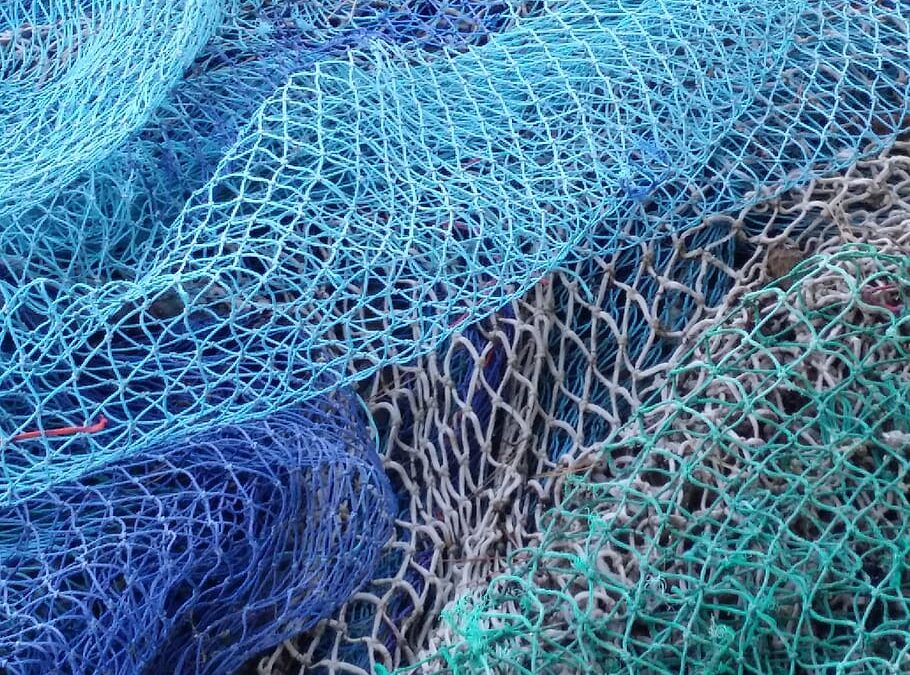The greatest joy in my work with One Mission Society is relating to the leadership of our partner seminaries in Latin America. Nine schools in six countries form the Strategic Alliance of Latin American Seminaries (SALAS), a network that provides ideas for creative collaboration and opportunities for mutual enrichment and support. We meet every other month via Zoom, alternating between prayer gatherings and sessions that provide interactive engagement with topics of interest to the various seminaries. The leaders of these schools are my heroes—they are guiding institutions of theological education in economic and social circumstances that are daunting at best and hope-stealing at worst, and they lead with grace, vision, boldness, and deep spirituality.
Yesterday we met for prayer. Rev. Pirona, the rector of the Seminario Wesleyano de Venezuela, guided us in a powerful reflection on Luke 5:1–11, the call of Simon Peter. Dr. Ramírez, the rector of the Seminario Bíblico de Colombia, followed with a Spirit-guided prayer of response. The Word proclaimed and the Word prayed were knit together in a seamless message of hope and conviction. Out of Venezuela, a nation experiencing a drastic bajón de esperanza (plummeting of hope) and the resulting fuga de gente (human flight), came the reminder that Jesus called Simon at his worst moment—exhausted by futile efforts, deeply aware of scarcity, broken by plummeting hopes. (Think of Simon going home empty-handed, with neither fish nor funds to offer for the day’s rations.) Jesus called him to get away from the shore, a noisy place of many competing voices, and to go mar adentro (into the deep waters), where he could hear the voice of Jesus more clearly. And whatever happened out there in the middle of the lake, it wouldn’t be because of Simon’s skill or his meticulously cleaned nets or the quality of his boat—it would be because of the presence of Jesus and Simon’s obedience to Jesus’ crazy, illogical command.
Out of Colombia, from the leader of a seminary with an 80-year history and a shining light of collaboration and service within the SALAS network, came the reminder that Jesus found these fishermen on the shore—cleaning nets that hadn’t caught anything. As passionate, Spirit-led prayer poured forth, that image gripped my heart, spirit, and imagination. The picture of those men and their nets raises some burning questions, not just for seminaries, but also for churches and individual followers of Jesus. How much time are we spending on the task of cleaning nets that haven’t actually caught anything? How much energy are we expending in “same old-same old” kinds of ministry, then whining to Jesus, “Master, we’ve worked hard all night and caught nothing”? How often are we sitting on the shore, where the cacophony of competing voices swirls around us, instead of getting in the boat to go out in the deep where we can hear Jesus’ voice with singular clarity? And when he speaks and asks us to do something crazy, illogical, and unpractical, how often do we respond like Simon did? Despite his fatigue and shrinking hope, Simon looked at Jesus, probably shrugged, and said, “Well, that’s not how fishing works—but because you say so, I’ll drop the nets” (v. 5).
The catch was milagroso (miraculous), but this isn’t really a fish story. That catch signals to us as it did to Simon that the Lord of the harvest knows exactly where the harvest is ready and what it will take to reap. The “how” is likely going to be as crazy and counterintuitive as casting nets during the day or calling Galilean fishermen to be apostles. If we have ears to hear and hearts to respond—“because you say so, we’ll do it!”—what redemptive movement of God might we be plunged into as the Spirit of Jesus seeks to rescue the perishing, bind up the broken, liberate the captive, and bring light to the darkness?
Originally published at https://writepraylove660813036.wordpress.com/2023/06/09/are-we-cleaning-empty-nets/. Used with author’s permission.

